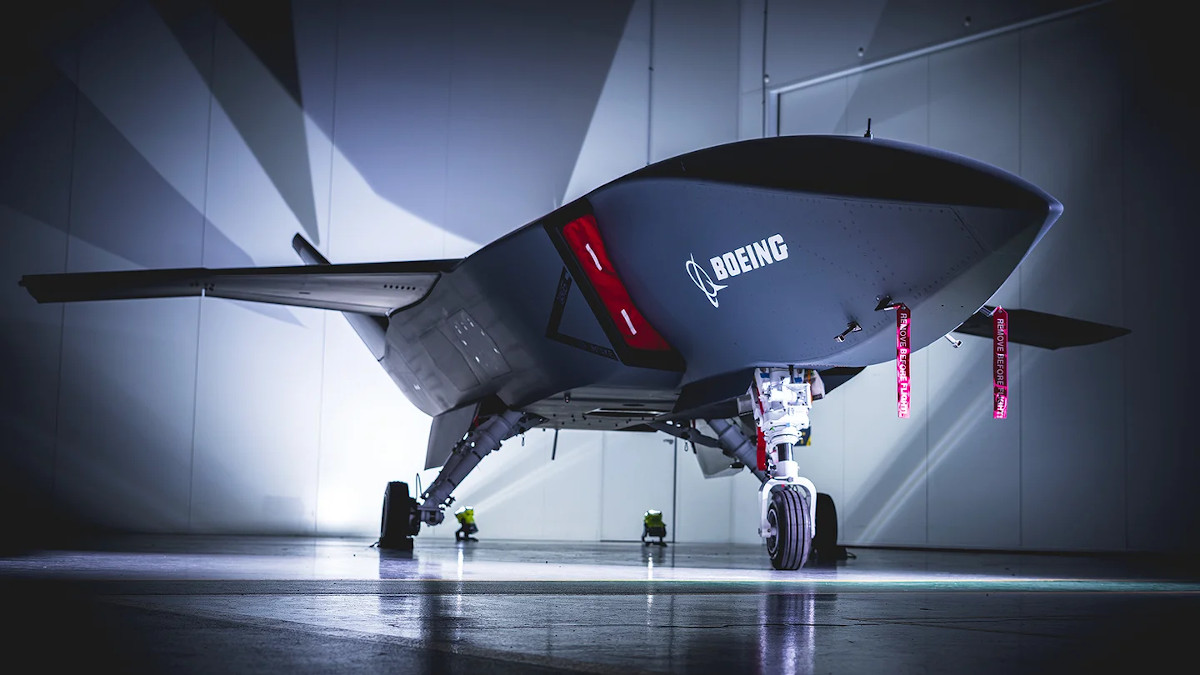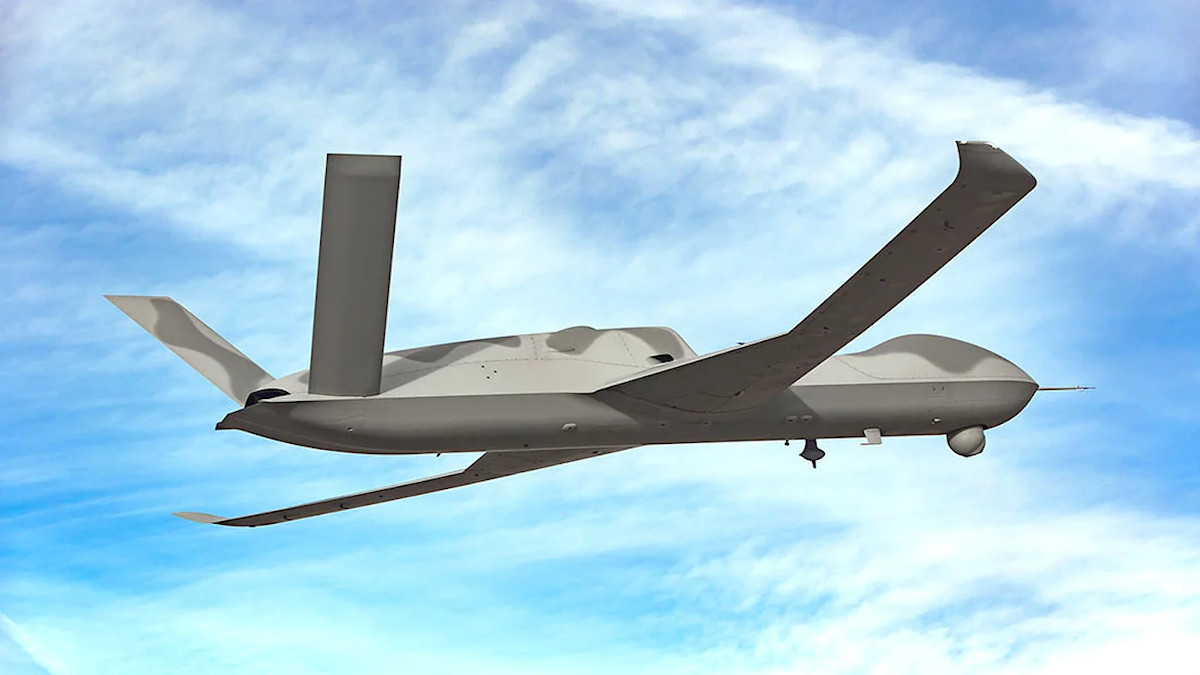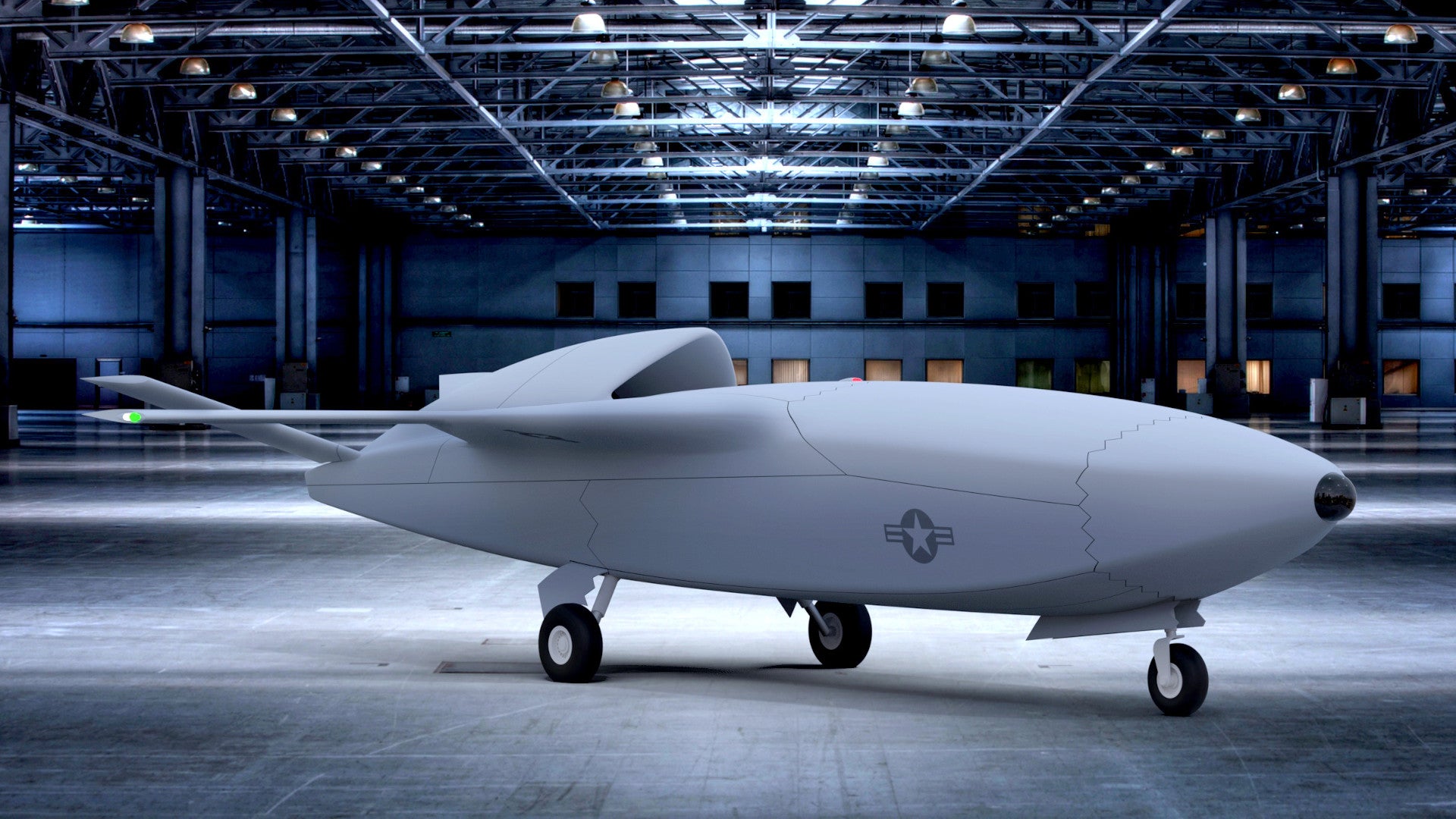The Air Force says it has hired Boeing, General Atomics, and Kratos to build prototype “loyal wingman” type drones to carry systems developed under the Skyborg program. Through Skyborg, which you can read more about in The War Zone‘s previous reporting on this topic, the service is seeking to acquire a suite of artificial intelligence-driven capabilities that will able to control loyal wingmen, as well as fully-autonomous unmanned combat air vehicles, or UCAVs.
The Air Force Life Cycle Management Center (AFLCMC) announced it had awarded the trio of contracts on Dec. 7, 2020. The deals for Boeing, General Atomics, and Kratos are valued at $25,748,180, $14,317,933, and $37,771,577, respectively. Each one covers a 24-month-long period of performance. All three companies were among the more than a dozen firms that have already received contracts to develop other components for Skyborg.
“This award is a major step forward for our game-changing Skyborg capability – this award supporting our operational experimentation is truly where concepts become realities,” Air Force Brigadier General Dale White, the service’s Program Executive Officer for Fighters and Advanced Aircraft, said in a statement. “We will experiment to prove out this technology and to do that we will aggressively test and fly to get this capability into the hands of our warfighters.”

“The value in this close partnership between AFRL and AFLCMC is becoming clear,” Air Force Brigadier General Heather Pringle, head of the Air Force Research Laboratory (AFRL), added. “When we field proven technology faster it gives our warfighters the edge they need to win the day.”
Generals White and Pringle together serve as the program leadership for Skyborg.
No details have been provided so far about the unmanned aircraft designs the three companies are now set to deliver to the Air Force to support the Skyborg tests. AFLCMC did describe them as “missionized prototypes with the ability to fly in experimentation events while teaming with manned aircraft.”
Boeing’s offering may well be related in some way to the loyal wingman-type design its Australian division is developing for the Royal Australian Air Force as part of that country’s Airpower Teaming System (ATS) program. You can read more about that drone, a prototype of which is getting close to taking its first flight, in this past War Zone piece.

Just last week, Boeing also announced that it had conducted a semi-autonomous test involving five small jet-powered drones flying networked together in support of the ATS program. Boeing has been using these lower-end surrogates to help develop and mature technologies for ATS since 2019.

Last week, General Atomics also revealed that it had conducted a semi-autonomous test involving one of its stealthy Avenger drones conducting a mock air-to-air mission together with five other simulated drones. In its press release, the company said that in this test the Avenger acted as “the flight surrogate for the Skyborg capability set.”
It’s not clear if this means the firm submitted a version of this unmanned aircraft, also known as Predator C, which you can read about more in this past War Zone piece, as its proposed platform for the future Skyborg tests. A clean sheet design may be more likely considering the competition.

It seems very likely that Kratos will supply examples of its XQ-58 Valkyrie drone, or variants or derivatives thereof, to the Air Force under this new contract. The Air Force has already been using its existing XQ-58 in various tests to lay the groundwork for future loyal wingmen and other advanced drone developments, including the Skyborg program.

The Air Force says it expects all three companies to deliver an initial batch of prototypes no later than May 2021. The first round of flight testing is scheduled to begin in July of next year. The service’s stated plan has been to have an operational loyal wingman-type drone using the Skyborg systems flying by 2023.
No matter what designs end up taking part in those tests and subsequent experimentation, that the Air Force is moving ahead with acquiring physical prototypes to test the Skyborg systems is an exciting development for this program, which already promises to have a significant impact on the future of aerial combat.
Contact the author: joe@thedrive.com
